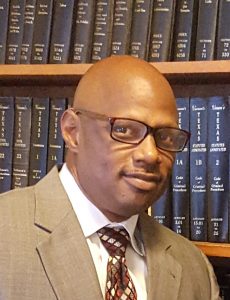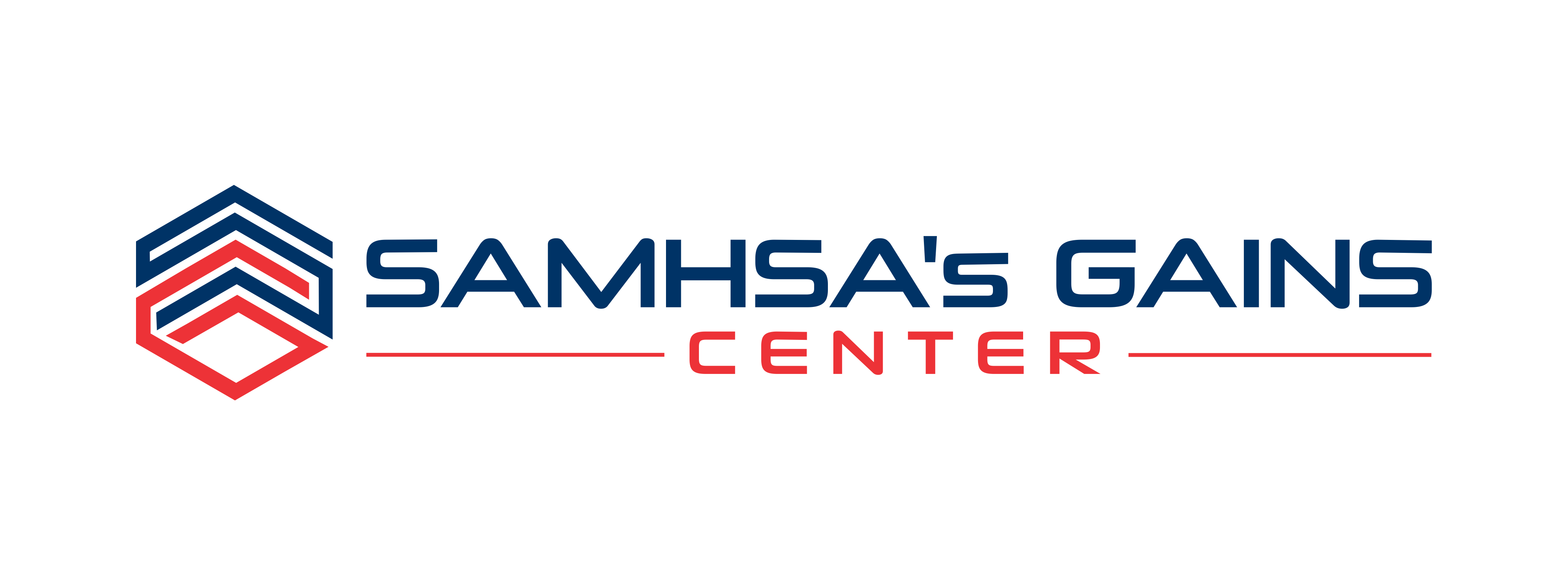
Q: You bring to the table the perspectives of being a lawyer and someone who has experienced incarceration, homelessness, and substance use. How do you leverage these experiences in your mental health and criminal justice policy work?
Henry Ford once said, “Experience is the thing of supreme value.” This remark has been a guiding principle in both my personal recovery and professional development. What was once a liability is now an asset—my story. I feel that it is my responsibility to share with those who would help others how certain decisions by policymakers, though well-intended, can have a very adverse impact on a person’s life. Because I have actually been incarcerated, been homeless, and been addicted, I can see some unintended consequences of new policies before they happen. I leverage my past experiences to help policymakers see where the laws on paper can be misused, exploited, or ignored entirely. I have never balked at sharing my story—if it will be used to benefit others.
Q: As a Hogg Foundation for Mental Health Peer Policy Fellow with the Texas Jail Project, what does a typical day look like?
The Texas Jail Project works directly with families that have a loved one being held pretrial in one of the state’s 241 county jails. We collaborate with state agencies, other advocacy organizations, and legislators to improve the conditions of pretrial detention. Due to our diverse services across the state and our limited resources, a typical day involves wearing different hats. Answering the phones, emails, monitoring which county jails are out of compliance with state minimum standards, monitoring news reports of jails, contacting local mental health authorities and our state mental health authority—all of that is only a beginning. During the legislative session, it is not uncommon to be working a case, responding to legislative staffers, making legislative office visits, assisting our executive director and programs coordinator with research, and collaborating with other advocacy groups all in one day.
I have been truly fortunate to be supervised by cofounders of the organization, Diana Claitor and Krishnaveni Gundu, and also by Dr. Lynda Frost, who has taught public policy at the University of Texas at Austin. All three of these women have taught me the importance of balancing my passion for helping others in circumstances I once lived in and effectively making an impact with limited resources. Through their guidance, I know that it only minimally matters what resources you have—the things that count more are passion and determination to help others.
Q: If you feel comfortable sharing, what are one or two critical things or experiences that have helped you the most in your recovery?
I can still vividly remember a hot summer’s day in 1996 in a Texas prison. While lying in a puddle of water (to cool myself) in my cell, a prison guard threw my sack lunch to me, and it landed in the water. I thought to myself, “They treat their horses and hogs better than this.” I felt half-dead. At that point, I vowed to myself that if I ever got a clear break, I would take it. I do not mean breaking out of their physical, structural prison, but my own mental prison.
It would be another 11 years until I learned that I had constructed my own prison long before any physical incarceration. After my release, I joined a community-based peer support group. With the help of these men, who were once as hopeless as I was, a light bulb came on: If I was half-dead, then logically, I was also half-alive! I was taught the importance of honesty (to myself utmost), self-reflection, and service to others. That group of men took me to treatment centers, hospitals, and rehabs to tell my story. I thought, “What do I have to offer except how not to be?” One day at a time, while learning to better myself, more service opportunities came, and so did clarity. I now strongly believe that service is the rent I pay to live on God’s green Earth. God did not bring me out to brag or boast, but rather to help others, the same way that help was given freely to me. The importance of service to others without any ulterior or profit motive is, in my opinion, the most critical thing that I have learned in recovery.
Q: You have talked about seeing people in prison with mental and substance use disorders who were not diagnosed correctly to receive the treatment they needed. What are some ways that you believe our local justice systems can do this better?
Having first-hand experience with homelessness, addiction, and incarceration, the biggest obstacle we still face at the local level is the failure to identify and separate people who are ill from people who are bonafide threats to public safety. Too many times, I have seen the truly bad actors pay their way out or get away scot-free, while the ones needing treatment languish in jail or prison. The motivating force that propels me forward in this sometimes-disheartening work is that some way, somehow, I firmly believe that if I could recover from substance use disorder, there are solutions out there. Local justice systems should do thorough assessments to identify which populations need treatment, including investing in mental health and peer recovery programs.
Q: What are ways you think that we can better integrate peers in programs and leadership positions?
Many years ago, in a drug treatment center, a counselor told me that a person doesn’t have to have had brain surgery to operate on brains. My response was, “Yeah, but that surgeon cannot truly know the pain of the patient.” While PhDs and other clinicians serve a valuable purpose in the treatment of people with mental illness and addiction, only a peer can truly relate to the pain of the experience and understand the inevitable blind spots that exist in the perspectives of those who have never suffered in that way. In the most successful 12-step programs worldwide, it is commonly known that only another person who was once suffering can reach one still suffering. The Hogg Foundation for Mental Health has recognized that the needs and voices of people living with mental illness and substance use disorders have a huge impact on policymaking. The Hogg Model is a really good way to integrate peers into programs aimed at treatment. If we are to have truly effective policies and treatment plans, we must all be represented at the table in discussions about best practices and policies.
Q: What would you say to a person in recovery who isn’t sure about joining a treatment agency as a peer?
Any peer interested in this work already has a strong altruistic yearning, because to give back freely is ingrained in him or her. Integrating peers into this work is mostly a matter of extending an invitation and welcoming them without judgment or a profit motive. People who have been through addiction, incarceration, or homelessness can see exploitation coming from a mile away, so to have a vigorous and effective peer program requires a sincere welcome that conveys the message “Your experience has value.”


